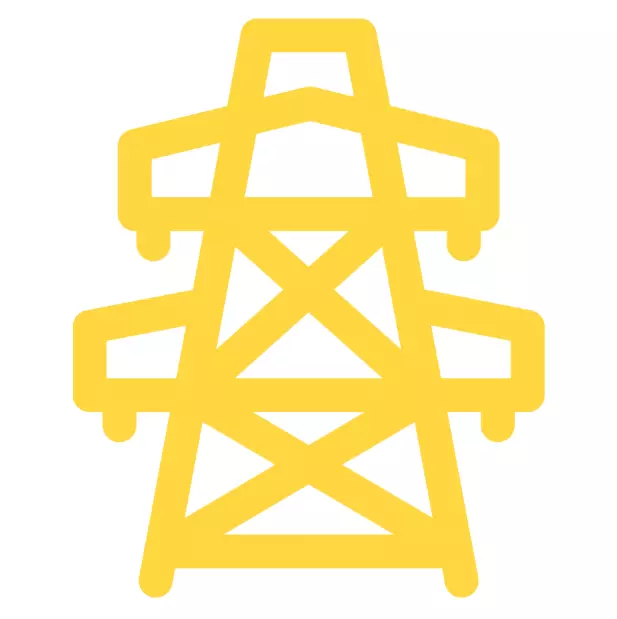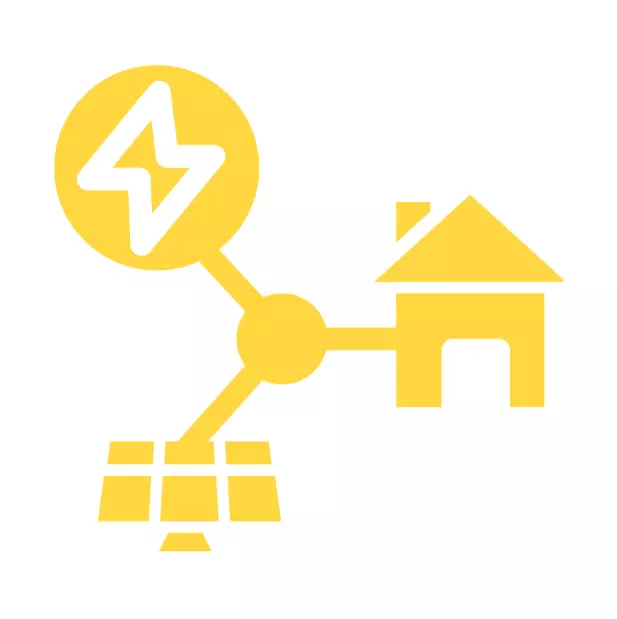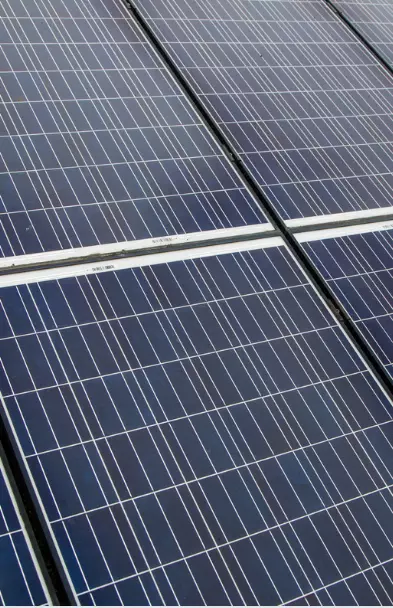What Are The Three Main Types Of Solar PV Systems?
Grid-tied, off-grid and hybrid are considered to be the three main solar photovoltaic (PV) systems currently available. Each type of solar PV system has its advantages and disadvantages, and choosing the right system depends on factors such as location, energy needs, and budget. Continue reading for more information on each system and its general application.
Grid-Tied Solar PV Systems:
Grid-tied solar PV systems are the most common type and are connected to the utility grid. These systems do not require batteries and generate electricity during the day. Any excess energy is sent back to the grid, resulting in a credit on the homeowner's electricity bill. The advantages of grid-tied systems include lower upfront costs, the ability to take advantage of net metering policies, and reduced environmental impact. However, grid-tied systems do not provide power during power outages, and homeowners may not be able to take advantage of net metering policies in all areas.

Hybrid Solar PV Systems:
Hybrid solar PV systems are a combination of grid-tied and off-grid systems and can provide power even during utility power outages. The solar panels generate electricity during the day, and excess energy is stored in batteries for use at night or during power outages. The system is also connected to the grid and can draw electricity from it if needed. The advantages of hybrid systems include reduced dependency on the grid, the ability to take advantage of net metering policies, and the ability to provide power during outages. However, these systems can be expensive, require regular maintenance, and may be affected by power outages if the batteries are not charged or maintained properly.

Off-Grid Solar PV Systems:
Off-grid solar PV systems are not connected to the utility grid and require batteries to store excess energy generated by the solar panels. These systems provide power at night or during times when the solar panels are not generating enough electricity. The advantages of off-grid systems include complete energy independence, no monthly electricity bills, and the ability to provide power in remote locations. However, the upfront costs of these systems can be high, and they require regular maintenance and monitoring to ensure optimal performance.







